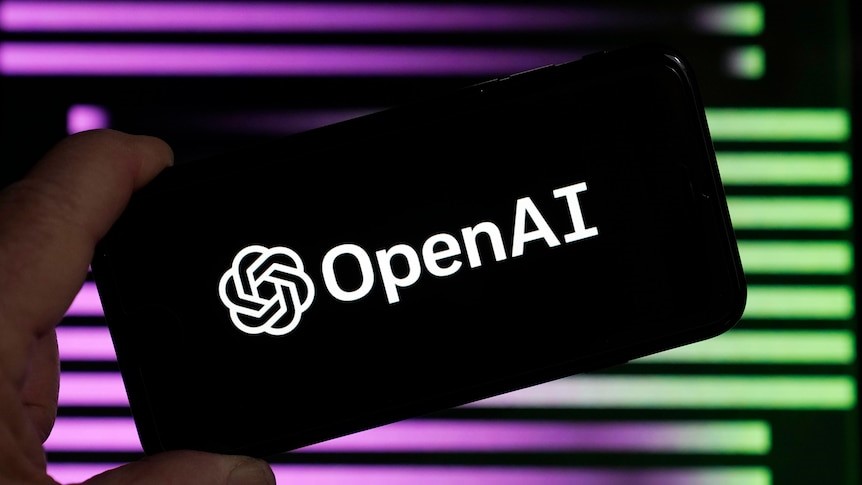Microsoft and Apple have decided to step back from their observer roles on OpenAI’s board to avoid regulatory scrutiny, especially from the European Union. This decision followed OpenAI’s significant improvements in governance over the past eight months, making the observer roles unnecessary.
Apple, which had announced last month that it would integrate OpenAI’s ChatGPT into its devices, also decided not to take up an observer role on OpenAI’s board, despite earlier expectations.
An OpenAI spokesperson stated that the AI company will now focus on engaging with its strategic partners, Microsoft and Apple, as well as investors like Thrive Capital and Khosla Ventures, by conducting regular stakeholder meetings. This new approach aims to keep these partners informed and involved without needing board observer seats.
Microsoft had taken a non-voting observer position on OpenAI’s board in November of the previous year after CEO Sam Altman returned to lead the company. This position allowed Microsoft to attend board meetings and access confidential information, but it did not grant any voting rights. Microsoft’s substantial investment of over $10 billion in OpenAI had raised concerns among antitrust authorities in Europe, the UK, and the US about the extent of control Microsoft had over OpenAI.
Microsoft explained that due to OpenAI’s new partnerships, innovations, and growing customer base since Altman’s return, they no longer saw the need for their limited observer role. In a letter to OpenAI dated July 9, Microsoft expressed confidence in the direction of OpenAI’s newly formed board, stating that their observer role was no longer necessary.
Although EU antitrust regulators determined that the partnership did not fall under the bloc’s merger rules because Microsoft does not control OpenAI, they still sought third-party opinions on the exclusivity clauses in the agreement.
Microsoft was concerned that the observer role raised issues with competition regulators, prompting reviews by the UK’s Competition and Markets Authority and the US Federal Trade Commission into the partnership’s implications.
OpenAI, based in San Francisco, is now setting up a new strategy to keep its key strategic partners informed and engaged. This includes hosting regular stakeholder meetings to discuss progress and ensure collaboration on safety and security issues. This new approach means that OpenAI will no longer have board observers, which also rules out Apple’s potential observer role.
Several reports have also suggested that Apple was considering placing Phil Schiller, the head of its app store, on OpenAI’s board as part of its AI agreement.
Despite these adjustments, antitrust watchdogs in the UK and US still harbor concerns about Microsoft’s influence on OpenAI and the startup’s autonomy. Both firms vie for market share in selling AI technology to enterprise customers, aiming to demonstrate their autonomy and address antitrust issues while generating revenue.



